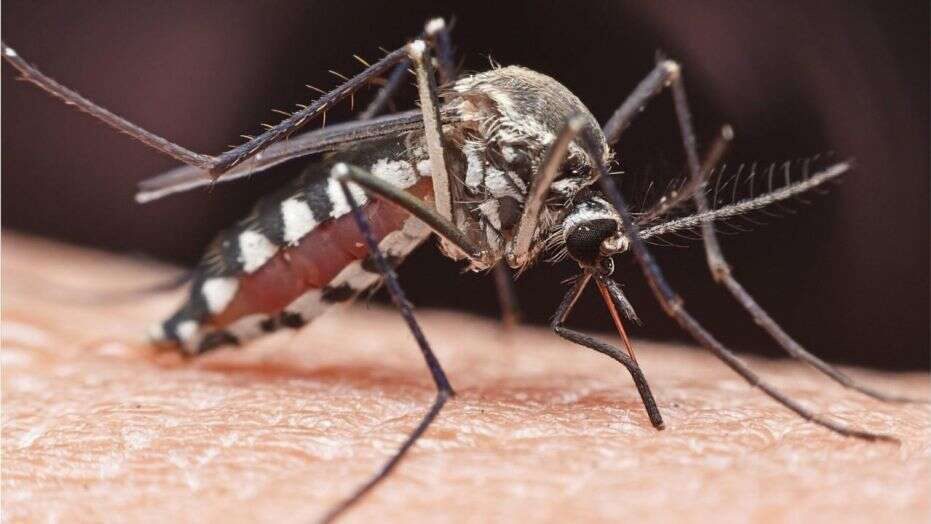The project aims to reduce the female population of a mosquito species whose bites can spread Zika virus, yellow fever and other serious illnesses.
Florida is releasing more than 140,000 genetically modified mosquito eggs in the Florida Keys starting this week in an effort to reduce the population of a mosquito species that can spread dangerous diseases like Zika virus, dengue fever and yellow fever.

The project aims to limit the number of female Aedes aegypti mosquitoes, which can spread illness through bites. The males do not bite and are not a threat to humans, instead feeding on nectar from flowers.
“In the Keys, they make up just about 4% of the mosquito population but are responsible for virtually all of the mosquito-borne disease transmission to humans,” Meredith Fensom, the head of global public affairs for the British company Oxitec, told Sam Brock on TODAY Wednesday.
Oxitec is releasing nearly 144,000 genetically modified male eggs in six locations in the Keys as part of an experiment that has been approved by the Environmental Protection Agency as well as the Florida Department of Agriculture and Consumer Services at the state level and the Florida Keys Mosquito Control Board at the local level. The project was approved after years of public comment and official reviews.

Florida is releasing more than 140,000 genetically modified mosquito eggs in the Florida Keys starting this week in an effort to reduce the population of a mosquito species that can spread dangerous diseases like Zika virus, dengue fever and yellow fever.
The project aims to limit the number of female Aedes aegypti mosquitoes, which can spread illness through bites. The males do not bite and are not a threat to humans, instead feeding on nectar from flowers.
“In the Keys, they make up just about 4% of the mosquito population but are responsible for virtually all of the mosquito-borne disease transmission to humans,” Meredith Fensom, the head of global public affairs for the British company Oxitec, told Sam Brock on TODAY Wednesday.
Oxitec is releasing nearly 144,000 genetically modified male eggs in six locations in the Keys as part of an experiment that has been approved by the Environmental Protection Agency as well as the Florida Department of Agriculture and Consumer Services at the state level and the Florida Keys Mosquito Control Board at the local level. The project was approved after years of public comment and official reviews.
The genetically modified mosquitoes are produced in a lab and carry a self-limiting gene that inhibits the survival of female offspring. After the male eggs that are being released in the Keys hatch and grow to maturity, they will mate with wild female mosquitoes and pass on the modified genes, which results in female offspring dying before they become adults.
“They run out of females to mate with, and that’s how you bring the population down,” Fensom said.
Oxitec conducted another project in 2016 using genetically-modified mosquitoes in a small Brazilian city that the company said at the time reduced the number of mosquito larvae by 80% to help fight Zika, dengue and other viruses.
“Genetic-engineered organisms are not something that we can control,” Dana Perls, the food and technology program manager for Friends of the Earth, said on TODAY. “Evolution will find its own way.”
The EPA, which approved the project last year, wrote that the male mosquitoes pose no threat to humans and that “it is also anticipated that there would be no adverse effects to animals such as bats and fish in the environment.”
Oxitec is mandated to monitor the mosquito population weekly and determine how well the process is working as well as whether the modified genetic traits disappear from the male mosquito population over time, according to the EPA.
According to







